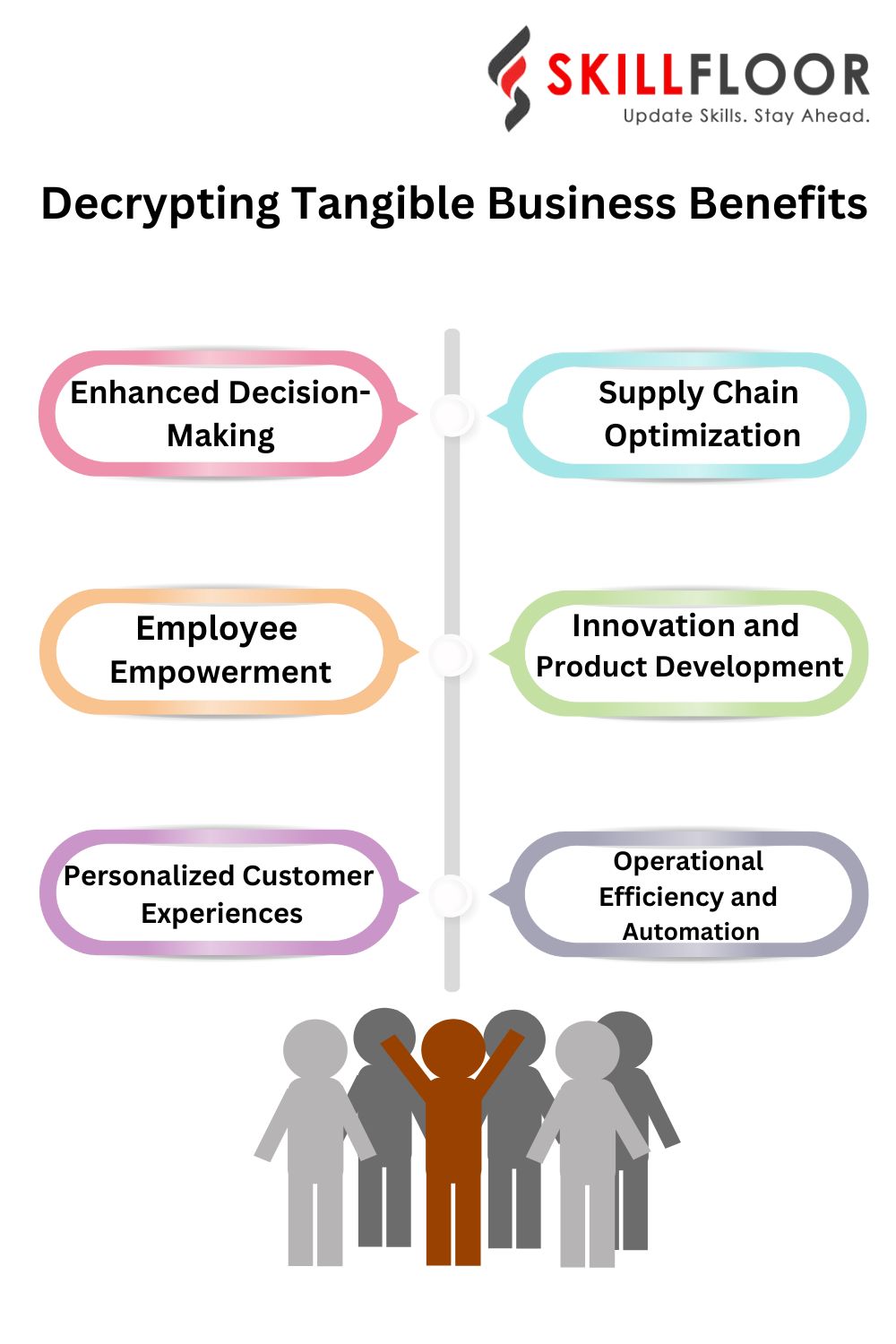The Importance of Soft Skills in the Modern Workplace
Explore the vital role of soft skills in today's workplace, understanding how interpersonal, communication, and adaptability skills contribute to professional success and effective collaboration.

In the variable modern workplace, soft skills are crucial. With technology developing and industries becoming more interconnected, there is a greater need than ever for workers to have a broad range of soft skills. In an ever-changing professional environment, these abilities which include effective communication, teamwork, adaptability, problem-solving, and emotional intelligence are essential for negotiating the intricacies of professional relationships and partnerships.
The Changing Movements of the Workplace
Globalization and technology improvements are causing a radical change in the workplace. The conventional emphasis on technical expertise alone is progressively giving way to an understanding of the critical role soft skills play in creating a well-rounded professional in the days of remote work and cross-functional cooperation.
The Overlooked Gem - Soft Skills
Soft skills, often referred to as interpersonal or people skills, encompass a broad range of attributes such as communication, teamwork, adaptability, problem-solving, and emotional intelligence. Despite their critical importance, these skills are sometimes overshadowed by the spotlight on technical competencies. The result is a workforce that, while proficient in hard skills, may struggle to navigate the intricacies of human interaction and collaboration.
Why are Soft Skills Essential in the Modern Workplace?

Effective Communication: The Backbone of Collaboration
Communication is at the heart of every successful collaboration. Employees who can articulate ideas clearly, listen actively, and convey information with empathy foster an environment of mutual understanding. In a world where virtual teams and remote work are becoming increasingly prevalent, effective communication becomes the linchpin for successful teamwork.
Teamwork: Achieving Collective Excellence
The days of solo endeavors are waning, with teamwork emerging as a cornerstone of productivity. Soft skills like collaboration and adaptability enable individuals to seamlessly integrate into diverse teams, leverage collective strengths, and navigate the challenges of working in dynamic and multicultural environments.
Adaptability: Thriving in Change
The modern workplace is characterized by constant change. Those who can adapt swiftly to evolving circumstances are better equipped to thrive in such an environment. Soft skills like adaptability and resilience empower individuals to embrace change, learn from setbacks, and continuously enhance their skill set.
Problem-solving: A Catalyst for Innovation
In a world where innovation is a driving force behind success, the ability to think critically and solve complex problems is invaluable. Soft skills contribute to the development of a problem-solving mindset, allowing individuals to approach challenges with creativity and resourcefulness.
Emotional Intelligence: Building Stronger Connections
Recognizing and managing one's emotions, as well as understanding and empathizing with others, is a hallmark of emotional intelligence. In a professional setting, this translates to stronger interpersonal relationships, better conflict resolution, and an overall positive workplace culture.
The Impact of Soft Skills on Professional Growth
Career Advancement: Beyond Technical Proficiency
While technical skills may secure a job, it is often soft skills that propel individuals to leadership positions. The ability to lead, inspire, and communicate effectively are attributes highly sought after in managerial roles.
Enhanced Leadership: The Soft Skills Advantage
Effective leadership extends beyond technical prowess. Leaders who possess strong soft skills can inspire and motivate teams, navigate complex organizational dynamics, and foster a culture of collaboration and innovation.
Increased Job Satisfaction: A Win-Win Situation
Employees who are adept at soft skills often experience higher job satisfaction. The ability to communicate effectively, work well with others, and navigate challenges contribute to a positive work environment, fostering a sense of fulfillment and accomplishment.
Client Relationships: The Human Connection
In client-facing roles, soft skills are often the key differentiator. Building and maintaining strong client relationships requires effective communication, empathy, and the ability to understand and meet client needs beyond the technical aspects of a service or product.
Longevity in the Workforce: Adapting to the Future
As the workplace continues to evolve, individuals with strong soft skills are better positioned to adapt to changing job requirements and industry trends. This adaptability ensures career longevity in a dynamic and competitive job market.
Top 9 Soft Skills for the Workplace
Here are the top soft skills that are considered useful in the workplace. Consider how skilled you are in these and which ones you need to further develop.
-
Ability to Negotiate
-
Customer service
-
Networking
-
Presenting
-
Conflict resolution
-
Communication effectiveness
-
Teamwork
-
Problem-solving
-
Working under pressure
4 Signs that you need to improve your soft skills
Soft skills aren’t generally “all or none.” Many people are adequate or even exemplary with some skills yet struggle with others. For instance, you may have excellent communication and teamwork abilities but struggle with time management or crack under pressure. It’s not uncommon to either underestimate their importance or overestimate your proficiency. Here are a few common scenarios that may be improved with stronger soft skills:
-
You have a low client retention rate compared to others in your field
-
You are frequently late for meetings or struggle to meet deadlines
-
You fail to grow your professional network or avoid networking opportunities altogether
-
You manage to land meetings with prospective clients but rarely proceed to the next stage or close deals
4 Ways to develop soft skills
A great first step in personal development is to recognize and acknowledge the areas in which you need to improve. This can take place through personal reflection and introspection, an evaluation of your business’s performance deficiencies, or through feedback from trusted colleagues or friends. You may find that daily journaling regarding your professional interactions and their outcomes is helpful for self-evaluation.
After you’ve gained an awareness of your strengths and weaknesses, create a plan of action for improvement that aligns with and supports your business plan. Because soft skills encompass a relatively large category, there are several ways to develop or enhance these skills:
-
Consider working with a mentor who can provide feedback and model appropriate skills.
-
If your focus is on improving communication, courses in subjects like public speaking or joining a group such as Toastmasters can be helpful.
-
Get a coach who can help you develop high-priority skills quickly. Read our post 3 Signs An Executive Coach Can Benefit for Your Independent Business to determine if it’s time to engage an executive coach.
-
Although it may seem deceptively simple, don’t underestimate the effect of positivity and optimism. After all, the majority of these skills are bolstered by confidence and enthusiasm and undermined by anxiety, insecurity, and negativity. Changing your mindset so you can see the positive in situations can have a significant impact on how you interact with others.
-
Soft skills can influence your ability to give a great presentation and communicate your speaking points effectively. To learn how to improve your presentation style, read How to Give a Great Business Presentation.
In the contemporary professional landscape, the cultivation of soft skills is not just a desirable trait but a necessity. As individuals and organizations recognize the pivotal role these skills play in fostering collaboration, driving innovation, and enhancing overall job satisfaction, investing in their development becomes paramount. Success in the modern workplace is not solely determined by technical proficiency; it is equally influenced by the ability to communicate effectively, collaborate seamlessly, and adapt to the ever-changing demands of the professional realm. In embracing the significance of soft skills, individuals can navigate their career journeys with resilience, lead teams with empathy, and contribute meaningfully to the dynamic and evolving world of work.































































